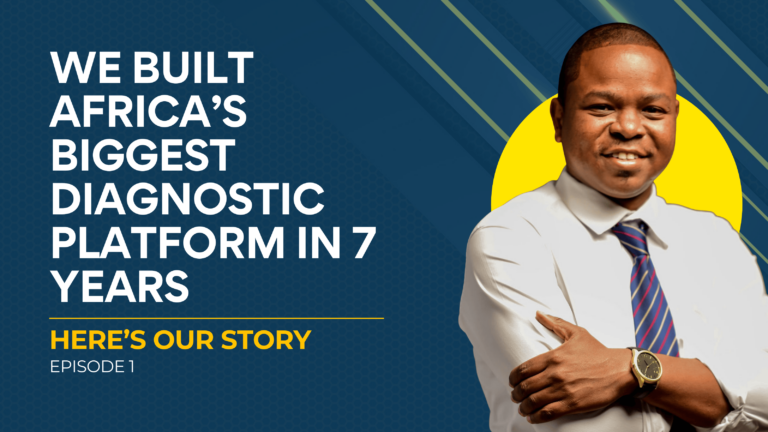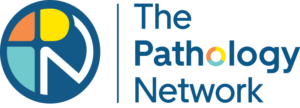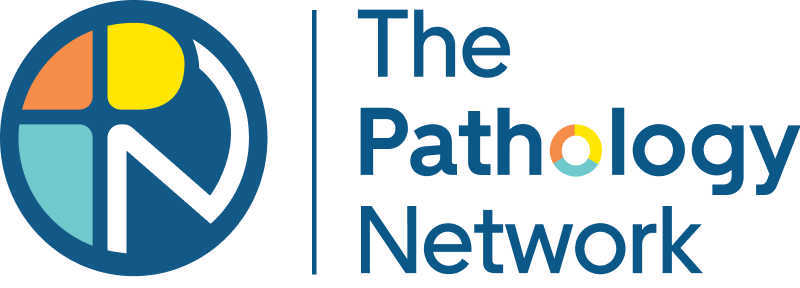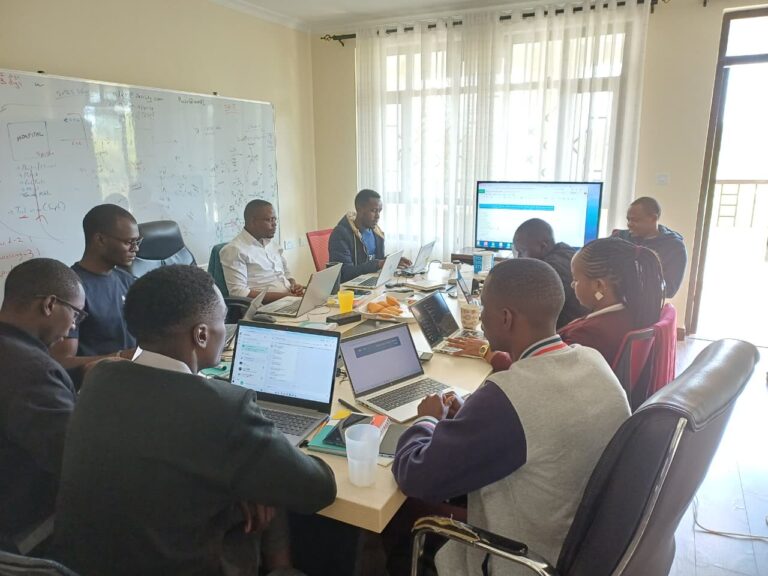
It Is Time for Pan-African Diagnostic Collaboration in Radiology and Pathology

The sharing economy could be the solution to the diagnostic challenges present in many African countries and in other emerging markets.
Many cultures around the world have placed great emphasis on community and sharing. This is certainly true of many African cultures, where sharing was a way of life. I lived with the Maasai for two years, learning from them how they preserved communal grazing lands before social, political, and economic pressures began eroding their way of life. In the Maasai culture, land is viewed as a communal asset, open for grazing and living by any member of the community, and not as private property to be owned and controlled by individuals.
As a young doctor starting off in my career, these ‘alternative’ economic views on land ownership held by the Maasai were inspiring, particularly because they resonated with my understanding that medical skills are also, fundamentally, public assets.
The idea that doctors have a public duty of care is as old as the practice of medicine itself. Whether as traditional healers of yore or modern physicians employing the latest technology, practitioners of the healing arts are bound by a social contract to provide medical treatment to those in need and to advocate for the healthcare needs of their communities. The obligations that doctors have to their patients and the public were initially codified in the Hippocratic Oath and are, nowadays, greatly expounded in numerous legal and ethical frameworks that govern the practice of medicine.
…medical skills are fundamentally, public assets.
Having stated this, the shortage of diagnostic practitioners—radiologists and pathologists—in Africa is a public health crisis that is generating significant diagnostic delays, increasing the cost of healthcare, and causing unnecessary deaths across the continent. This shortage is essentially crippling entire healthcare systems in some countries where the numbers of these professionals are countable on one hand. But this problem is solvable and I believe that a large part of the solution lies in a paradigm shift towards viewing doctors as shared pan-African assets, as communal resources accessible by all African countries.
In the digital age, geography is no longer a barrier to sharing pathologists and radiologists. Recent technological advances such as digital pathology and tele-radiology systems, allow patients and their doctors to access diagnostic services from remote diagnosticians.
Pathologists for instance, are averagely one for every one million people in Africa, a severe shortage compared to the ratio of one to 25,000 people in more developed countries. Digital transmission of images for analysis through the use of digital pathology can allow countries with more pathologists to assist those with fewer pathologists.
A study of the actual distribution of pathologists across Africa highlights this possibility. The pathologist numbers in different African countries vary significantly according to available online data. For example some countries have one pathologist for every two million people (Nigeria) while others have one pathologist for every 500,000 people (Kenya) or one pathologist for every 250,000 people (South Africa). By leveraging existing technologies, there is no reason why countries cannot more equally distribute pathologists within their borders or share pathologists with countries across the continent.
….there is no reason why countries cannot more equally distribute pathologists within their borders or share pathologists with countries across the continent.
While the enabling technologies for equitable distribution of diagnostic talent already exist, legal and geopolitical barriers remain a challenge. It is encouraging to see the continual progress being made towards a more united Africa. With increasingly open borders allowing free movement of people, goods and services across the continent, there is now greater hope of equal access to diagnostics for all Africans.

Clearly, there would still be a severe shortage across the continent even if we shared pathologists and radiologists equally amongst all African nations. Thankfully, various AI-based tools are showing considerable promise as diagnostic assistants. The accuracy of AI-generated diagnoses continues to improve each day and in some specific use-cases, has surpassed human accuracy. I believe that African radiologists and pathologists will soon have their medical practices enhanced by these AI tools, enabling them to finish in a day tasks which would have previously taken 20 or 30 doctors to complete without AI.
In addition, technologies such as tele-radiology and digital pathology allow African nations to source diagnostic support from the considerably larger pool of doctors living outside the continent. An exciting prospect for some radiologists and pathologists within the African diaspora, would be the opportunity to remotely serve their home nations while still living abroad.
There has never been a better time to radically transform African healthcare. There has been a better opportunity to share.
___________________________________________________________________________
Dr. Joshua Kibera is a pathologist and medical entrepreneur. He is the CEO and Founder of The Pathology Network, a healthtech company connecting hospitals, doctors and patients to a network of remote labs and pathologists in Africa.



